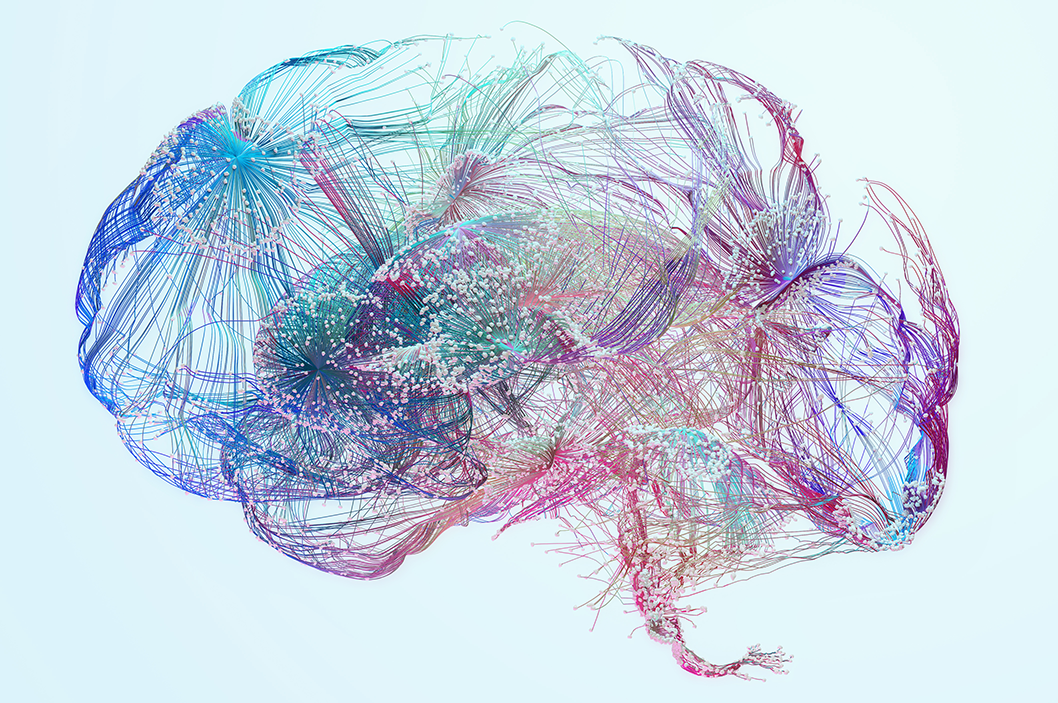The role of Artificial Intelligence (AI) in Healthcare
by Ana Díaz-Roncero, March 20, 2024

At the present time, we can confirm that Artificial Intelligence (AI) has come to stay, with it being used in multiple fields, health among them, and offering new and more advanced solutions. Specifically, as we mention in our article “Five Digital Health Trends for 2024”, AI is being applied in research, prevention, diagnosis, and treatment of diseases. It is anticipated that the uses of AI will continue to grow, facilitating and optimizing work in healthcare.
Research, prevention, and diagnosis
In the area of research, AI can identify patterns, tendencies, and complex correlations. This capability can be used to draw conclusions that help investigators to understand diseases and develop effective treatments. In fact, there are already examples of situations in which AI has enabled the discovery of efficient methods for synthesizing pharmaceutical molecules and estimating the probabilities of success. This helps accelerate the process of development of new pharmaceuticals as well as improving their effectiveness.
With regard to prevention, AI can help identify risk factors and predict the probability of developing diseases. This can assist the patient in changing life habits, thus avoiding the emergence of the disease, and healthcare professionals can intervene before the disease develops.
In diagnosis, AI can locate patterns in the data collected during diagnostic testing, assisting physicians in diagnosis as well as in risk prediction. For example, in medical imaging for breast cancer, AI can provide a more precise and efficient model, as concluded in this article and mentioned at the “La (R)evolución de la IA, en la Salud” event organized by the “Asociación Salud Digital” (ASD).
Treatment and management of diseases
Once a diagnosis has been made, AI can help select the treatments and interventions that are most appropriate for each patient. In particular, this function has stood out in the management of chronic diseases like diabetes, where AI has shown potential in optimizing glycemic control and treatment.
In addition, during patient follow-up, AI can provide support to the healthcare professionals, offering recommendations based on the information collected. This helps them to anticipate and prevent complications, taking timely action as well as prioritizing the more urgent cases, enabling them to focus their efforts and the healthcare resources.
In this respect, AI also can be used in the development of Digital Therapeutics (DTx), with the objective of identifying and offering recommendations to the medical professional and the patient as a result of the information reported by the patient, thus encouraging proper follow-up and the improvement of specific patient benchmarks like quality of life and therapeutic adherence.
Persei vivarium is working in these areas, incorporating tools that adapt themselves to the needs that are specific to each disease, improving disease management and health outcomes. All of this work is supported by the processes and evidence that are necessary for these kinds of interventions–a key factor in assuring the correct functioning of these tools.
In summary, thanks to technological tools like AI, Digital Health will be an indispensable ally for physicians, researchers, and patients. As we continue to advance in this era, collaboration between traditional medicine and Digital Health will be essential to providing more efficient, personalized, and effective healthcare.
Share

Ana Díaz-Roncero
Business Development
Persei vivarium
